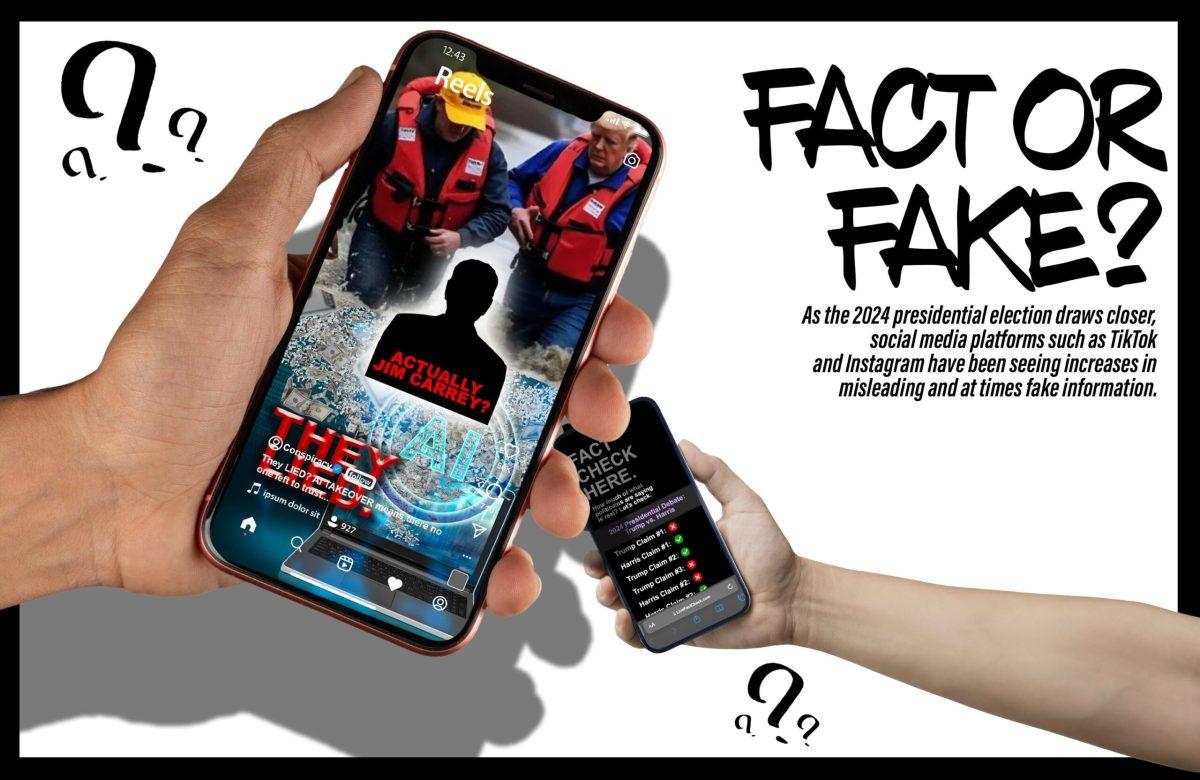African-American. Black. Colored. Oriental. Asian. Brown. Are you feeling a little uncomfortable yet?
Our great nation is a melting pot of cultures and ethnicities. While in the past we may not have always accepted this or gotten along, today we do, at least I like to think so. But with so many races and nationalities in one place, it gets puzzling figuring out how exactly to respectfully refer to someone and his or her ethnicity.
As a journalism student, I am learning it is absolutely imperative to always be politically correct. Whether or not the source’s race is significant to the story, get it right. You would never want to offend someone by using loose or slang terms for the public to read.
However, that is a professional setting. As a college student, I am really not expected to be professional every second of every day. So to what extent should we be conscious of how politically correct we are in our daily conversations? Often people hesitate before referring to someone’s race. Are they black or African-American? Latino or Hispanic?
It seems there is so much stress on being politically correct today because there are so many different terms to choose from, and everyone is using something different. Over the years, our language has accumulated shorthand names or substitutions to signify an individual’s ethnicity.
This same topic has come up before with a good friend of mine. My friend, an African-American male, had his own insight on political correctness when it came to his own race. His solution: Just say black and get it over with. I laughed nervously in reply. He smiled, assuring me it’s not a big deal. In our lighthearted conversation, he explained that in this day and age, there is nothing offensive about referring to an individual as “black.” Saying a one-syllable word will always be easier than drawing out all seven syllables just to be politically correct.
But it’s not just the terms representing blacks, Asians, Indians or Mexicans that we have to tip-toe around. Even “white” is controversial; sometimes “white” is the appropriate term, but some people prefer Caucasian. Every racial term seems to have synonyms, making it harder on society to figure what is “right.”
I like to think MU is a reasonably diverse university. Students are pouring in from every state and even from other countries around the world. With all these different backgrounds and nationalities, it would be impossible to always please everyone.
In my own experience, it’s not the chosen term to refer to my race that makes me uncomfortable; it’s the slight hesitation right before people say it. My family is from the Philippines, an island country in Asia.
I can’t even count the number of times I have been asked whether I am Filipino or Asian. It’s a common question that I still don’t even know how to answer. Both, I think. Coming from a predominately white suburb, my ethnicity has always been an adjective, a way of picking me out of a crowd.
While in journalism classes, I’ve been learning that there is a right way to address someone’s ethnicity. I don’t think these rules apply in the real world. There is no universal dictionary that will tell you what term will please each and every person. I can’t promise that every black man or woman you meet would rather have you say black than African-American, like my friend does.
I think in a perfect world, we wouldn’t have to worry about being politically correct. We shouldn’t be seeing color anyway. In this nation, we have come so far in the battle for equality for all men. Skin color or nationality does not change someone’s talent and contribution to our society.
In reality though, the world is not perfect. People come from different backgrounds and have different ideas on what is appropriate language and what is not. Sometimes political correctness comes down to personal preference. My friend would say the quicker, the better. At the end of the day, it shouldn’t really matter. Being politically correct in our daily conversation is not all that big of a deal. As long as you are not being offensive, stop beating around the bush. Just pick a word so you can move on with the rest of your conversation.










